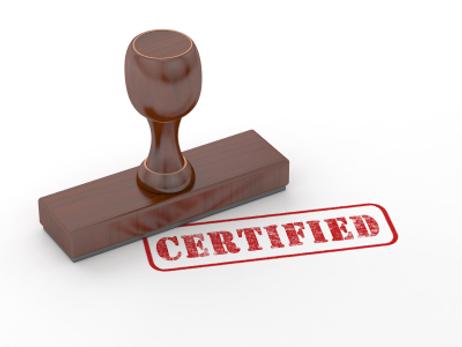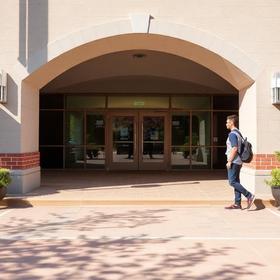Your worst nightmare is unfolding. The Board has asked you, as Head, to prepare a strategic plan for the school. Before you even start, consider these three tips.
1. Conduct a Rigorous Situation Assessment
A plan is only as good as the facts on which it is based. For this reason, a situation assessment is essential to support informed decision-making in strategic planning. A situation assessment addresses three major topics.
Know the Board's Appetite for Change
Be sure to scope the Board's appetite for change. After all, the Board will ultimately be asked to approve the strategic plan and the allocation of resources to support its implementation. If the Board doesn't buy into your plan, then the strategic planning process could come to an inglorious end, when presented to that very same unsuspecting Board by the soon-to-be ex-Head. With the Board on your side, at least you can do some proper advance preparation and lobbying on issues you know the Board finds difficult to accept.
Document the Way Things Work Today
Don't assume that you - or anyone else, especially the Board - understands the way things actually happen at the school.
- Prepare a detailed description of every major functional area.
- Include everything from the administrative functions through to the academic functions.
- Identify who is responsible for the functional activity, the activities being managed, the way the activities are managed, staffing, and budget.
Without these descriptions in hand, it becomes almost impossible to describe how any change proposed in the strategic plan



























